Verified Organisation Profiles
Discover an organisation to support today
PPDR
People for Peace and Defence of Rights (PPDR Uganda) is an independent, non-partisan, and nonprofit Refugee-Led organization that focuses on empowering refugees through education, livelihood, and advocacy. - We empower refugees through our skills development programs Fashion and Design, Shoemaking, arts and crafts, Bag making, and art. - Financial literacy training and formation of self-help groups, so far we have 10 registered with over 20 members each. - We provide English, French, and Swahili language education to refugees (Adults and Children) as well as literacy adult education -Through advocacy, we do dispute resolution mechanisms, access to justice( access to legal representation in courts of law through partner organizations), through PASHA: a program that focuses on storytelling and poetry where refugees are empowered to tell their own stories by writing, slam, spoken word, poetry or music. - Psychosocial support: we provide counseling and trauma therapy to refugees in need of psychosocial support. - Sport: PPDR SPORTS CLUB has recruited 85 youth who undergo training in soccer for peace and development.
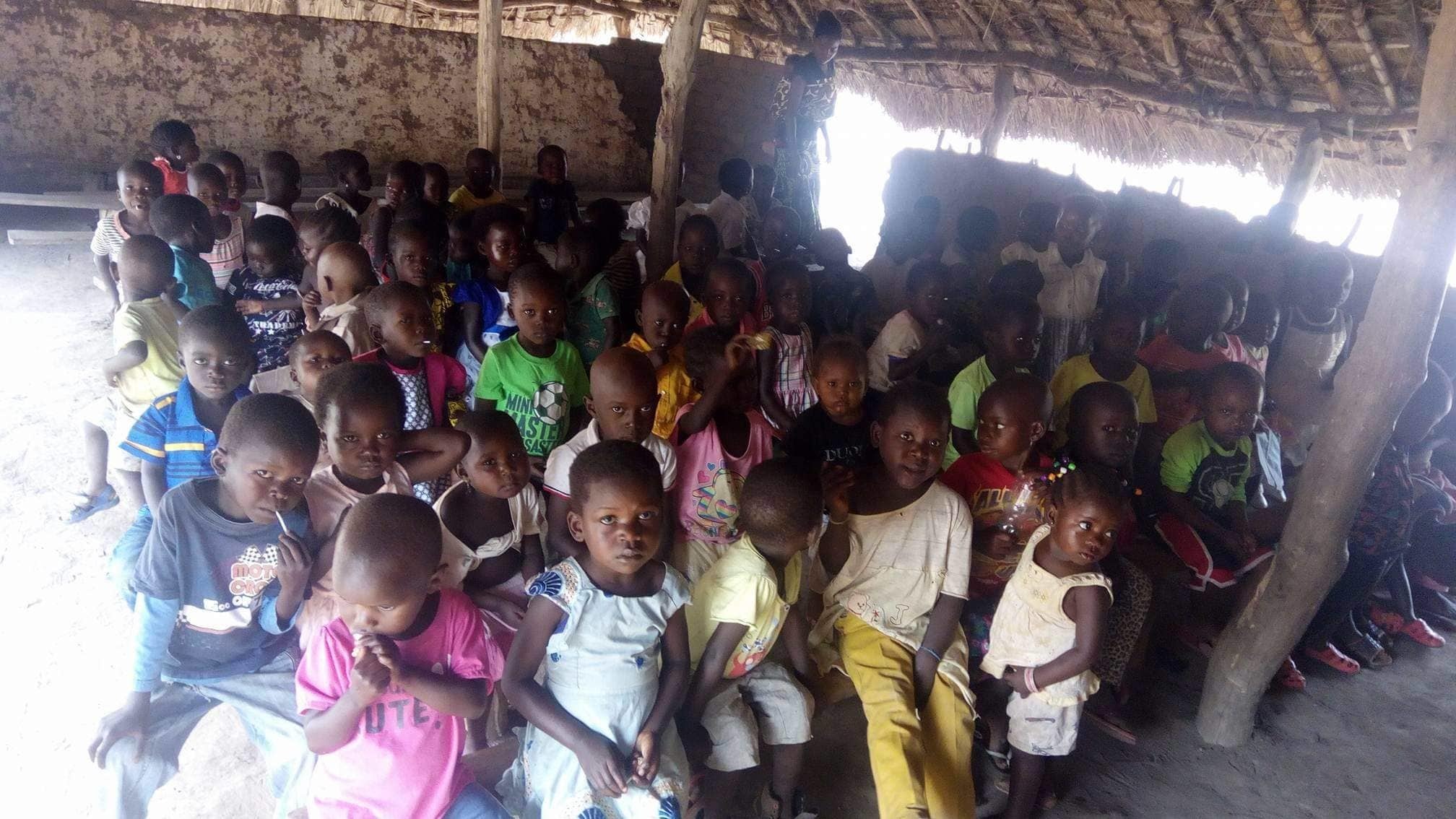
Youth Association for Peace and Development YAPD
Youth Association for Peace and Development (YAPD) is a registered non-profit, nongovernmental, development and Refugee led initiative organization dedicated to fighting poverty and injustices to reduce human suffering and enhances communities’ livelihoods YAPD is legally registered with the State ministry of humanitarian affairs under Relief and Rehabilitation Commission (RRC) in 2018. The registration number is 47 giving YAPD the legal status and humanitarian position to operate in any part of the Western Equatoria State. Our vision is to seek a world of hope, tolerance and social justice, where poverty has been overcome and people live in dignity and security. MISSION “Is to inspire, empower and transform communities to move towards self-reliance through provision of social services and development assistance” OUR CORE VALUES Transparency and Accountability - YAPD believes that citizens have a right to hold governments and institutions accountable, to expect them to respect their rights and do what they say they will do Humanity - YAPD takes and considers with high esteem the set humanitarian principles of humanity; the mandated principles to respond to situations based on need with the most vulnerable prioritize for assistance People and Safety - We acknowledge and recognize the skills and abilities of our co-workers, and draw strengths from our diversity and commitment to equal opportunity. Excellence Service - We are committed to provision of quality services, in all sectors that we work in. We are leaders and managers that solve issues; we provide support to our partners in both relief and development assistance. We. Integrity and Respect - We are honest and responsible in all that we do and hold ourselves to the highest moral and ethical standards. We respect others, and we act with courage and humility at all times
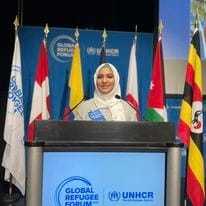
harmonysistersnetwork
Established in January 2020 by Khadiza Begum, Harmony Sisters Network is a beacon of hope based in Japan, directed towards creating an inclusive and harmonious world, particularly for Rohingya refugee women and those from minority backgrounds. This Japan-based non-profit organization was founded by a visionary leader, Khadiza Begum, herself a Rohingya refugee who spent her early life in Bangladesh. The Network's mission unfolds through six strategic pillars: Mental Health and Well-being for Women: Acknowledging the critical importance of mental health, the Network provides resources and support aimed at nurturing the emotional and psychological well-being of women. Education and Skill Development: The organization actively works to bridge gaps in education and skill development for children and women, providing them with the tools and knowledge needed to foster independence and progress. Leadership Skills and Opportunities: By cultivating leadership skills, Harmony Sisters Network encourages women to assu

Innovation Talent Academy ITA
Innovation Talent Academy (ITA), founded in 2020, is a nonprofit organization dedicated to creating self-sustainable opportunities for young marginalized individuals. ITA's vision is to lead in empowering, supporting, and bringing hope to the lives of those who often face insurmountable challenges on their path to success. Mission and Focus: At its core, ITA's mission is to provide marginalized youth with the tools and opportunities they need to flourish. The organization primarily targets refugees, people with disabilities, single mothers, and others who encounter systemic barriers to progress. ITA firmly believes that everyone, regardless of their background, deserves the chance to build a better future. Comprehensive Programs: ITA implements a multifaceted approach to empowerment. The academy offers vocational training in fields like IT, tailoring, and handcrafts, imparting practical skills that open doors to employment and entrepreneurship. Additionally, ITA conducts entrepreneurship skills training to nurture innovation and self-reliance. Education and livelihood support round out the programs, ensuring a holistic empowerment strategy. Challenges and Future Ambitions: ITA acknowledges the harsh challenges that many of its beneficiaries face, including language barriers, family neglect, and poor advisement, which can lead to limited job opportunities or even involvement in dangerous activities. However, these challenges serve as fuel for ITA's unwavering commitment to expand its reach, address systemic issues, and foster lasting change. Conclusion: Innovation Talent Academy represents more than just an organization; it symbolizes hope, resilience, and the potential for positive transformation. It stands as a testament to the belief that education and entrepreneurship can shatter the cycle of marginalization, offering young individuals the keys to self-sufficiency. ITA's journey is an inspiring narrative of empowerment, determination, and a steadfast commitment to rewriting the destinies of marginalized youth, one success story at a time.

Solidarity Eden Foundation
Solidarity Eden Foundation (SEF) is a registered refugee youth-led organization based in Kampala, Uganda. Founded in 2015 by refugee youth. Solidarity Eden Foundation unites urban refugees and offers women and girl-focussed trauma-informed English Language Development Programs, Vocational Training, Community Development Projects, and Creative Arts Programs to address social issues like refugee development, ethnic conflict, unemployment, and social integration. Every year Solidarity Eden Foundation serves 400+ refugees in the Kampala area to break obstacles for social inclusion and promote refugee self-reliance. The organization serves refugees from 4 main countries, the Democratic Republic of Congo, South Sudan, Rwanda, and Burundi from the age of 17 and above.
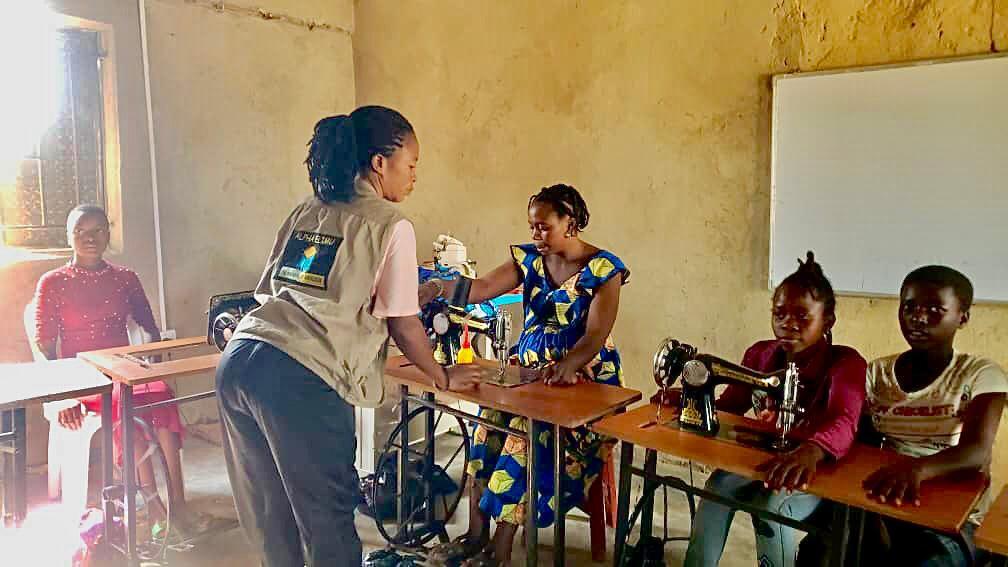
WAKE ALPHA ELIMU FOUNDATION LIMITED
WAKE ALPHA ELIMU FOUNDATION LIMITED recently called ALPHA ELIMU is a women founded refugee led organization, operating in Rwamwanja refugee Settlement since 2018 registered under URSB Registration No: 80034096653648 and a Postal Address number P.O Box 750158 Kamwenge . We are implementing activities in Education, Community based-psychosocial support, Gender Based Violence, Innovative reproductive health education, Water Sanitation and Hygiene, Peace building, Livelihood and environment, Adolescent’s empowerment and VSLA formation. supported by COHERE Charity, we are currently implementing two projects in Rwamwanja Refugee settlement: The project of Global Whole Being Fund-COHERE and YTT-Gender Equality Education. we recently carried out the project with Open Society Foundation-COHERE: ʺINCREASING MENSTRUAL HYGIENE MANAGEMENT AND SERVICE DELIVERY TO ADOLESCENT GIRLS AND WOMENʺ which begun from February 2023 up to December 2023.
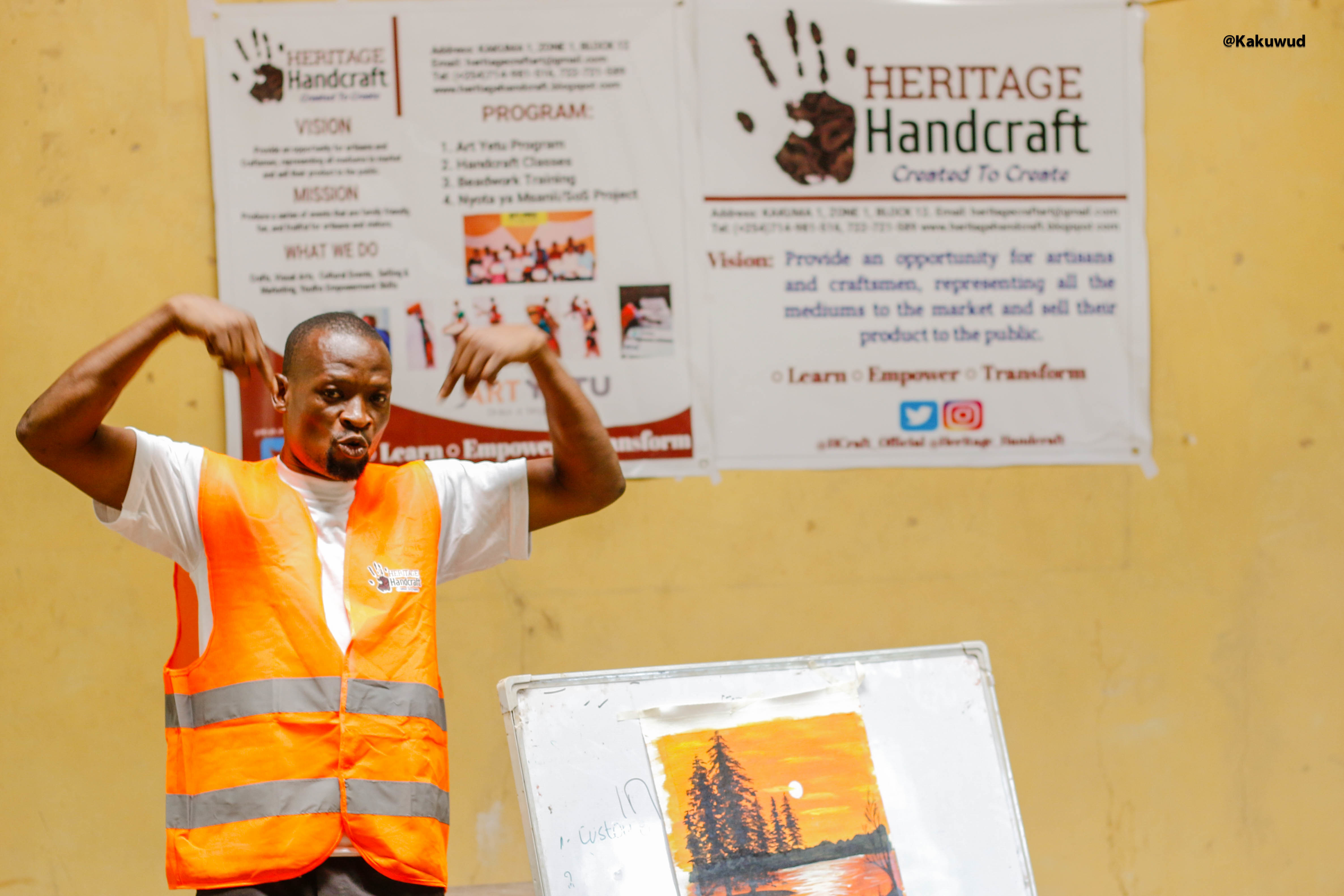
Heritage Handcraft CBO
Heritage Handcraft is a community based organisation created on 5 March 2020, registered under registration No:SCSDO/TKNW/IRG/CBO/BO-69 our goals are: 1. Providing opportunities for artisans and Craftsmen 2. Market and sell their products at all the levels 3. Transformation of waste (plastic, paper and kitenge) into art, 75% of our row materials are waste Our main activities are: • Cultural/Traditional activities • Skills development • Youth empowerment a) Our mission is to provide an opportunities for artisans and Craftsmen representing all mediums to market and sell their product to the public. b) Our vision is to produce a series of events that are family friendly, fun, and fruitful for artisans and visitors. Exportation of our handcrafts all over the world especially where is needed. Our current activities: 1. ART YETU PROJECT: Through this project we have empowered from now thousands of refugees artists with artists skills. We have graduated our first cohort and the second one not yet because of lack of funds, we have been organizing art Competition that brought together youth from kakuma host and refugee communities and Kalobeyei settlement to be able to express themselves through Visual Arts. 2. NYOTA YA MSANII PROJECT
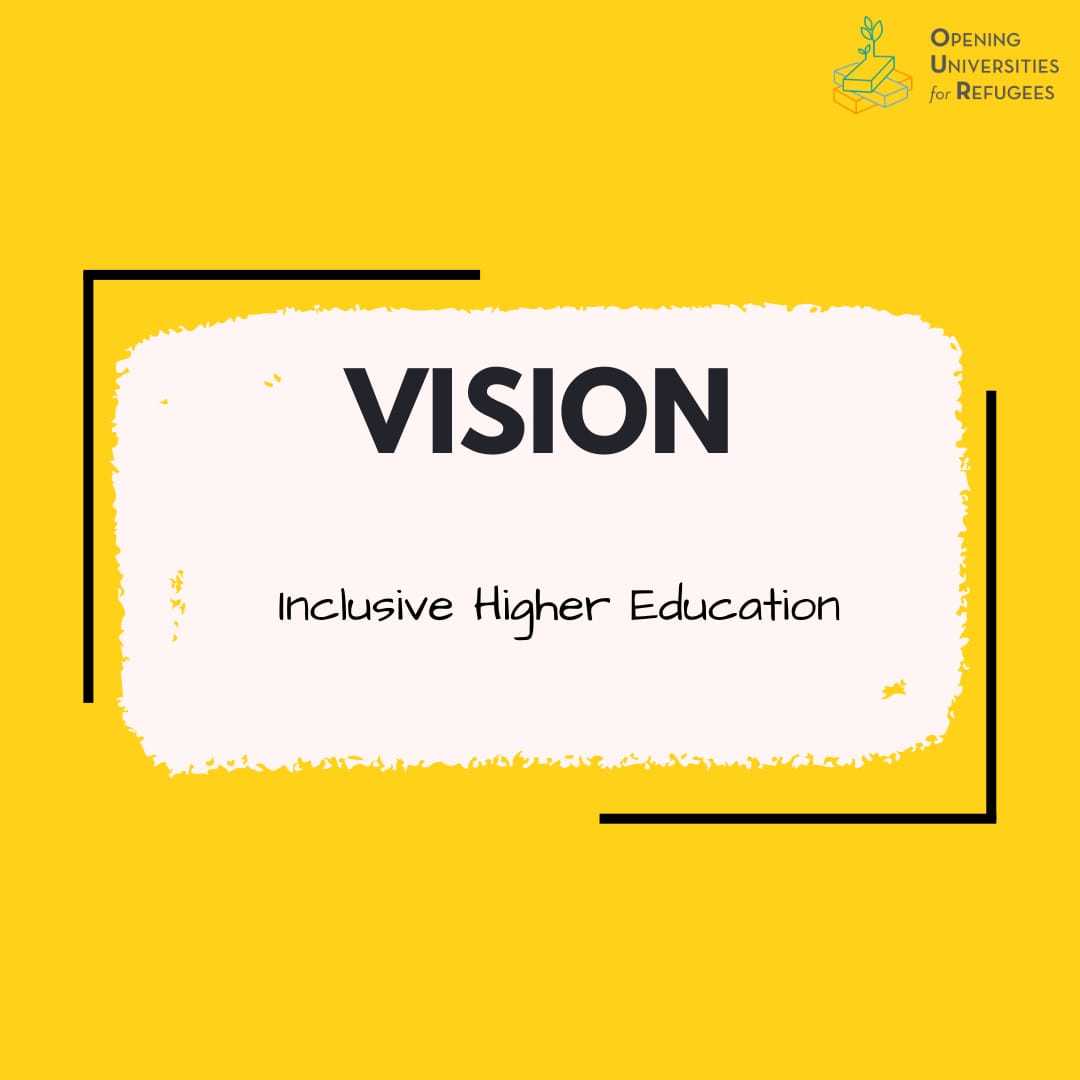
Opening Universities for Refugees
Opening Universities for Refugees (OUR) advocates for accessible and inclusive higher education opportunities for refugees. We convene strategic partners - governments, academic institutions, and community- and refugee-led organizations - to dismantle barriers to higher education and co-create innovative programs that empower refugee learners worldwide. OUR envisions a world where every refugee has equal access to higher education, empowering them to rebuild their lives, unlock their full potential and contribute to the betterment of their communities and the global society. OUR was founded as an independent regional initiative in Singapore in 2015. It was registered as an incorporated charity organization (ICO) in the UK from 2017 to 2020. OUR continued its activities as a program under the Centre for Asia and Pacific Refugee Studies (CARPS) at the University of Auckland from 2020 to 2022. It then operated as an LLC in the USA from 2022 to 2024. Currently, OUR functions as an independent global initiative.
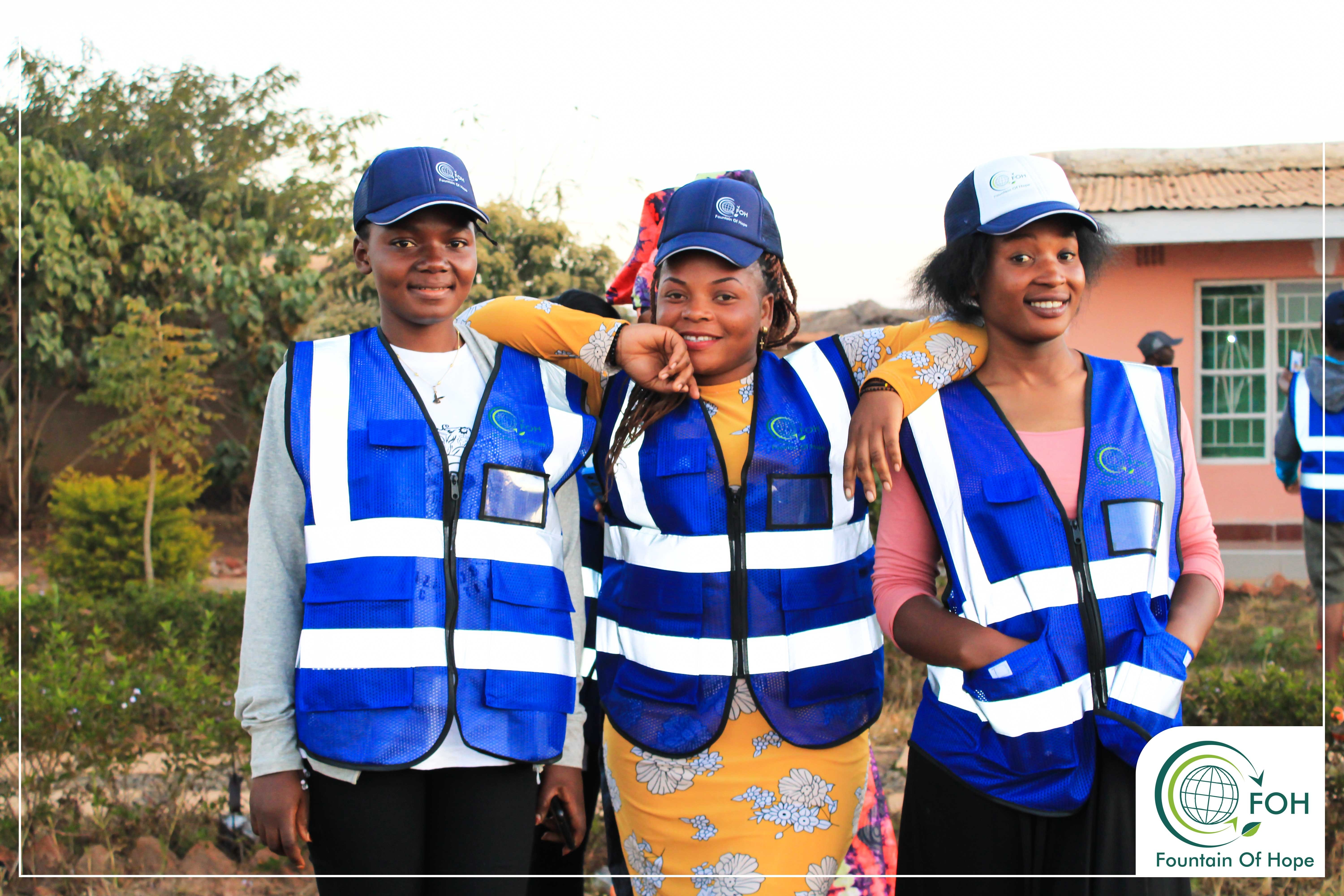
Fountain of Hope Africa
Fountain Of Hope Africa (FOH) is a Non-profit Organization founded in 2010 by Marcel Cirhuza, a survivor of war and armed conflicts in the Eastern Democratic Republic of Congo. The organization's primary goal is to bring healing, restore hope, and contribute to building resilient and self-sufficient communities. FOH is dedicated to promoting sustainable development by empowering the most vulnerable through adaptive and enduring solutions. FOH was established in response to the pressing challenges faced by individuals, families, and communities in the Sub-Sahara region of Africa. The region experiences a daily increase in marginalized populations affected by war, armed conflicts, climate change, food crises, poverty, pandemics, and natural disasters. The organization recognizes its responsibility to act and address these issues by implementing projects that create meaningful and positive changes in people's lives. The focus of FOH extends to two key operational areas: the Democratic Republic of Congo (DRC) and Malawi. In these regions, FOH aims to implement projects that not only address immediate challenges but also contribute to sustainable solutions for long-term community development. The organization's approach is rooted in the belief that lasting change requires tailored and enduring interventions to uplift the most vulnerable populations. Through its initiatives, FOH strives to make a tangible impact on the lives of those facing adversity, fostering self-sufficiency and resilience. By providing adapted and sustainable solutions, FOH seeks to be a beacon of hope for communities grappling with the complex interplay of social, economic, and environmental challenges.
Collective Change
Support RLOs leading change in their communities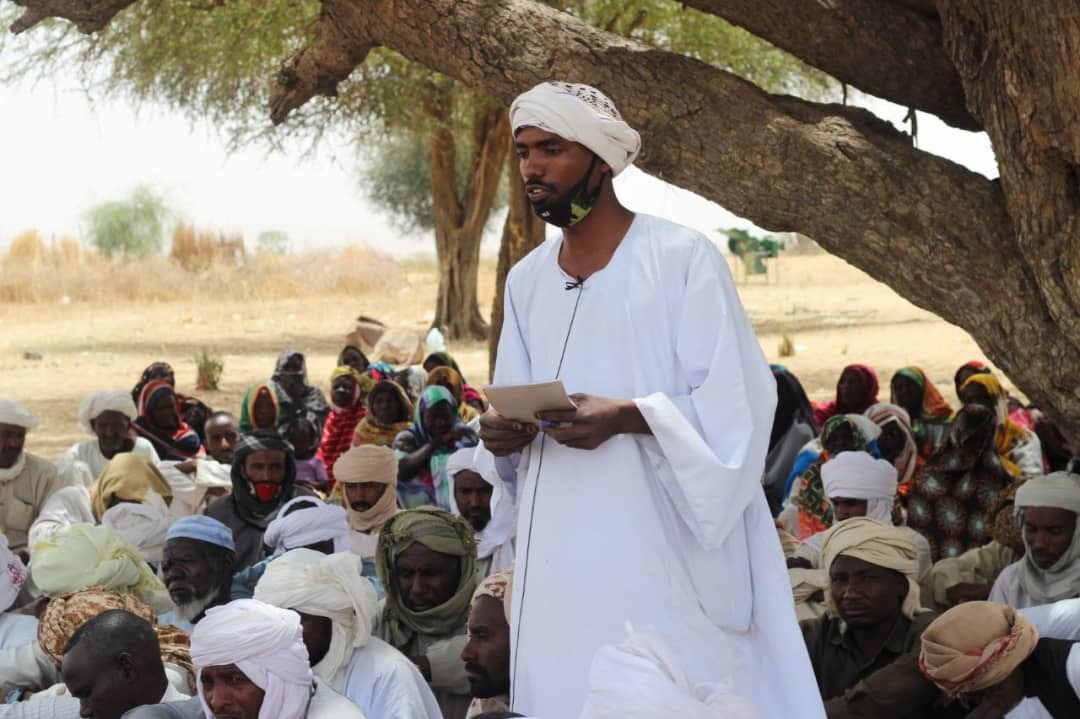
Sudan Campaign
Over 8.1 million people have been forcibly displaced by the Sudan conflict. HRRDS, ICSS, RoG & RIWA are at the forefront of responding to the crisis and urgently need flexible funding to adequately respond to the emergency, ensure effective response, and support the most vulnerable populations in both Sudan and South Sudan. Your contribution can help these local organizations deliver life-saving aid and long-term solutions amidst the crisis.
Raised: £ 36,527
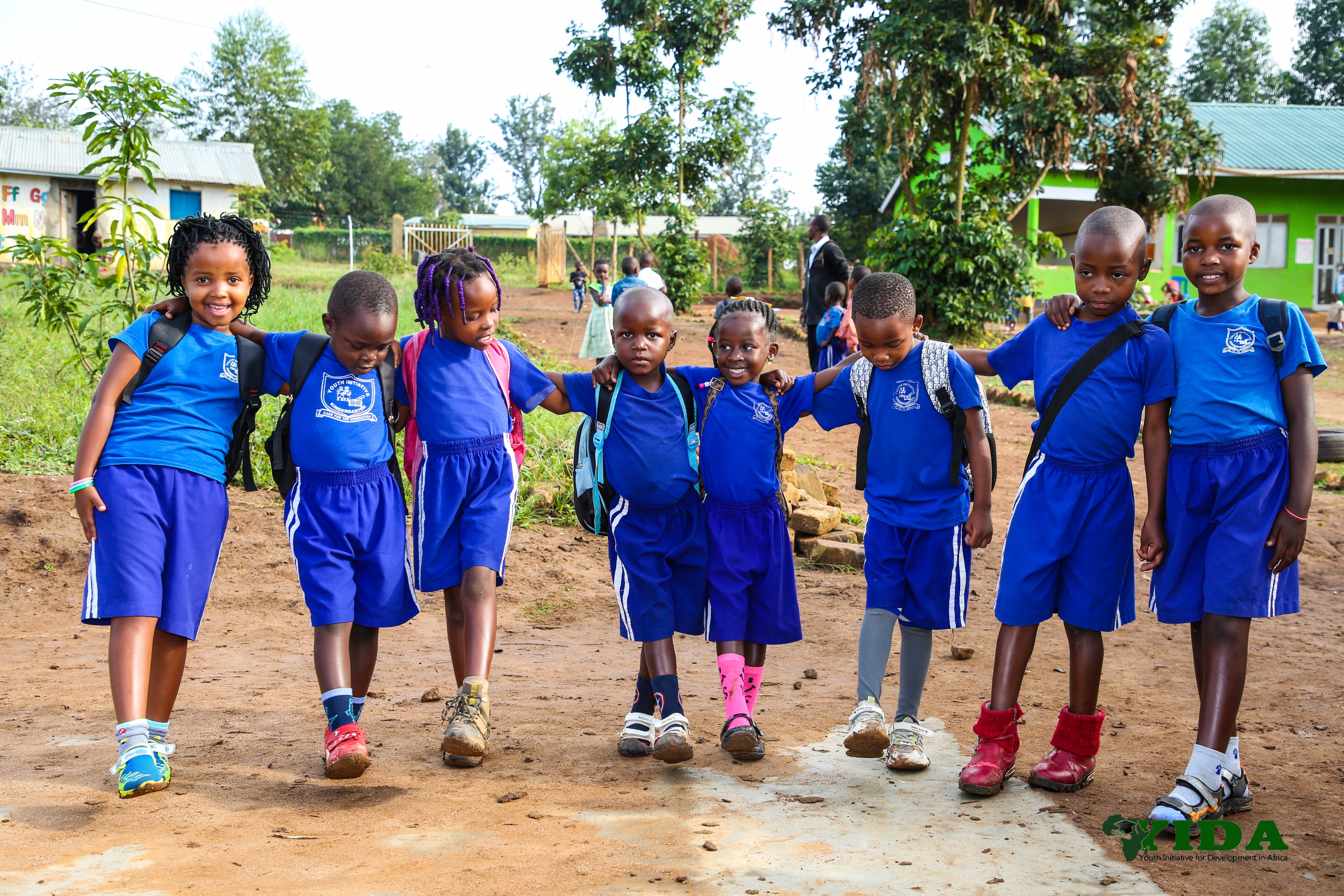
Basic Education
Five refugee-led organisations (RLOs) are transforming their communities by delivering formal education initiatives to refugee children. The schools run by the RLOs, are providing over 2,071 children with unique and quality education opportunities that can help them build better futures. At a global level, UNHCR estimate that half of the 3.5 million refugee children of primary school age do not go to school. This can have severe developmental and psychosocial impact on these young people on top of their experiences of being forcibly displaced. Formal education systems in refugee-hosting countries often cannot meet the demands, as well as there being multiple barriers for refugees enrolling in schools. RLOs are playing a vital role in closing these gaps, however their expertise in delivering formal education is not always formally recognised. Refugee-led organisations are working to ensure that the next generation of children can build better futures for themselves. They want to build more classrooms, ensure teachers are trained properly, and ensure that children can access learning in safe spaces that nurture and protect them. These organisations are coming together despite these challenges to serve their communities meaningfully. Find out more about the progress they’ve made below and read their stories of collective change. The more support they receive, the more they will be able to improve the quality of the learning experience and enroll more children in their schools. Be part of the change and donate today.
Raised: £ 34,169

Digital Economies
Gaining employment as a refugee is harder than for a national. Refugees face discrimination both in entering the job market and in the monthly salary they receive once entering the job market. Barriers to refugee livelihoods lead to extreme poverty and long-term negative life outcomes. For example, the levels of poverty faced by households in Kakuma in northern Kenya can be illustrated in the behavior of 43% of families who employ immediately harmful coping mechanisms such as spending entire days without eating. However, there are opportunities for refugees to engage in and contribute to local and international economic growth. With the right skills, investments, and networks, refugees are playing a key role in local and international value chains. With improving connectivity and market linkages refugees all over the world are engaging in remote work and generating income online. These refugee-led organizations (RLOs) are collectively empowering youth with digital skills and connecting them with digital employment opportunities thus significantly contributing to their sustainable livelihoods. Facilities improvement, tapping into better internet connectivity, and procuring more and better computers are some of the urgent needs that these RLOs can address with additional funding. We invite donors and other partners to support them with funding of any amount.
Raised: £ 0
Latest news & articles directly from our blog
Sep 19, 2024
At Kalobeyei Initiative for Better Life (K4BLI), we are steadfast in our commitment to equipping refugee and host communities with the skills they need to thrive in today’s technology-driven world. As part of this mission, we are proud to introduce our new digital literacy program for Early Childhood Development (ECD) and Education in Emergencies (EiE) students at Light Academy. This initiative is a pivotal element in our efforts to provide scalable skills that lead to decent work and sustainable community development. In an increasingly digital age, early exposure to technology is crucial for developing the competencies needed to succeed in modern life. This is particularly important in the Education in Emergencies (EiE) context, where children from refugee and host communities often face significant challenges in accessing quality education. Literacy and numeracy remain critical gaps in these communities, exacerbated by inadequate educational infrastructure, a shortage of qualified teachers, and the unregulated movement of populations. Recognizing these challenges, K4BLI has launched a digital literacy program aimed at enhancing both literacy and numeracy for these vulnerable students. By integrating digital learning into the curriculum, we aim to address these educational gaps and provide a sustainable solution that empowers young learners to overcome the obstacles they face. The digital literacy curriculum at Light Academy covers essential topics, including basic computer skills, internet safety, and an introduction to educational software. Designed to be interactive, the program engages students through hands-on learning experiences that foster curiosity and confidence in using technology. By starting digital education at an early age, we are laying the groundwork for lifelong learning and adaptability in a rapidly evolving world. The response to the program has been overwhelmingly positive, with students showing significant progress in their digital competencies. Teachers have reported increased student engagement and a marked improvement in their ability to navigate digital tools. This initiative aligns with K4BLI’s vision to end dependency through education and empowers the next generation to become active participants in the digital economy. As we continue to expand and enhance our digital literacy offerings, we are committed to ensuring that all students, regardless of their background, have the opportunity to develop the skills they need for success in the digital age. At K4BLI, we believe that by investing in education, we are building a brighter, more sustainable future for both refugee and host communities. “This digital literacy program is more than just teaching students how touse technology; it’s about preparing them for a future where digital skillsare essential. The progress we’ve seen in such a short time is a testamentto the potential of these young minds.” — Elisha Bengenya, Head Teacher, K4BLI - Light Academy
Sep 5, 2024
Introduction Dzaleka Refugee Camp, situated in Malawi, is home to thousands of refugees from across Africa. In emergency situations like these, education is a vital component of humanitarian response, providing stability, hope, and opportunities for growth. This blog delves into the various educational stages available in our program at Dzaleka, including preschool, primary, secondary, post-secondary, and vocational education. Preschool Education Our Preschool at Dzaleka focuses on providing young children with a safe and nurturing environment to begin their learning journey. Key aspects include: Developmental Foundations: Programs emphasize social, emotional, and cognitive development through play-based learning. Routine and Stability: Establishing a daily routine helps children cope with the uncertainties of displacement. Preparation for Primary School: Early childhood education lays the groundwork for success in primary education. Despite limited resources, dedicated educators and volunteers ensure that children receive the care and education they need to thrive. Primary Education Primary education is a fundamental right and a priority for all children. Our school in the Dzaleka follow the Malawian national curriculum, aiming to: Basic Literacy and Numeracy: Ensuring children acquire essential reading, writing, and math skills. Bilingual Education: Teaching in both Chichewa and English to prepare students for higher education. Inclusive Environment: Promoting inclusivity and understanding among children from diverse backgrounds. Challenges such as overcrowded classrooms and shortages of materials are common leading to not accommodating all the eligible children. However, FOH and stakeholders maximize efforts to address these issues, ensuring access to education for all children. Secondary Education Secondary education at Dzaleka faces more significant challenges due to resource constraints. Nonetheless, efforts are made to: Provide Formal Education: Offering structured secondary education that aligns with national standards. Alternative Learning Opportunities: Creating programs for adolescents who missed earlier education. Examination Preparation: Preparing students for national exams, crucial for further education and job prospects. Secondary schools often rely on external support for textbooks, lab equipment, and other essential resources, enabling students to continue their educational journey. However, only few of those who complete primary school at Dzaleka have access to secondary school due to very limited space. Post-Secondary Education Post-secondary education opportunities, though limited, are vital for empowering refugees with advanced knowledge and skills. Initiatives include: Higher Education Programs: Collaborations with universities and online education platforms to offer certificate and degree programs. Scholarships and Support: Providing financial and academic support to help students access tertiary education. Professional Development: Courses and certifications in fields such as leadership, education, and business. These opportunities are crucial for refugees aspiring to professional careers, offering a path to self-sufficiency and leadership within their communities. Vocational Education With our vocational education FOH equips refugees with practical skills for employment and self-reliance. Key aspects include: Skill Development: Training in trade such as tailoring Empowerment Programs: Special focus on empowering women and youth with marketable skills. Entrepreneurship: Encouraging small business development and entrepreneurial activities. Vocational training programs are essential for providing immediate livelihood opportunities, helping refugees to support themselves and their families. Conclusion Education in emergency situations like at Dzaleka Refugee Camp is a beacon of hope and resilience. Despite numerous challenges, the commitment of our educators, volunteers, and other stakeholders maximizes efforts to help children and adults have access to learning opportunities. From preschool to post-secondary and vocational education, these efforts equip refugees with the knowledge and skills necessary to rebuild their lives, be resilient and contribute positively to society.
Opportunities
2024-09-10
100% OF YOUR DONATION GETS TO THE FRONTLINE
.jpg)
About Reframe
We want to Reframe the global humanitarian system and are committed to do things differently. We want to build a community of refugee leaders who are ready to respond to the world's biggest crises by leading change and delivering their own solutions.
What We Do
Reframe aims to be a solution to multiple challenges refugee-led organisations (RLOs) worldwide are facing.
Through Reframe we want to increase direct funding, raise awareness, build networks and strengthen coordination between RLOs, International Non-Governmental Organizations (INGOs), donors and institutional bodies.
MAKE A DIFFERENCE ALL YEAR LONG
News Feed
Tenda Wema
Thanks @WeAreCohere_Org team for your visit. We thank olso for very important discussion with us .

09:55 am · Oct 17, 2024
0
1


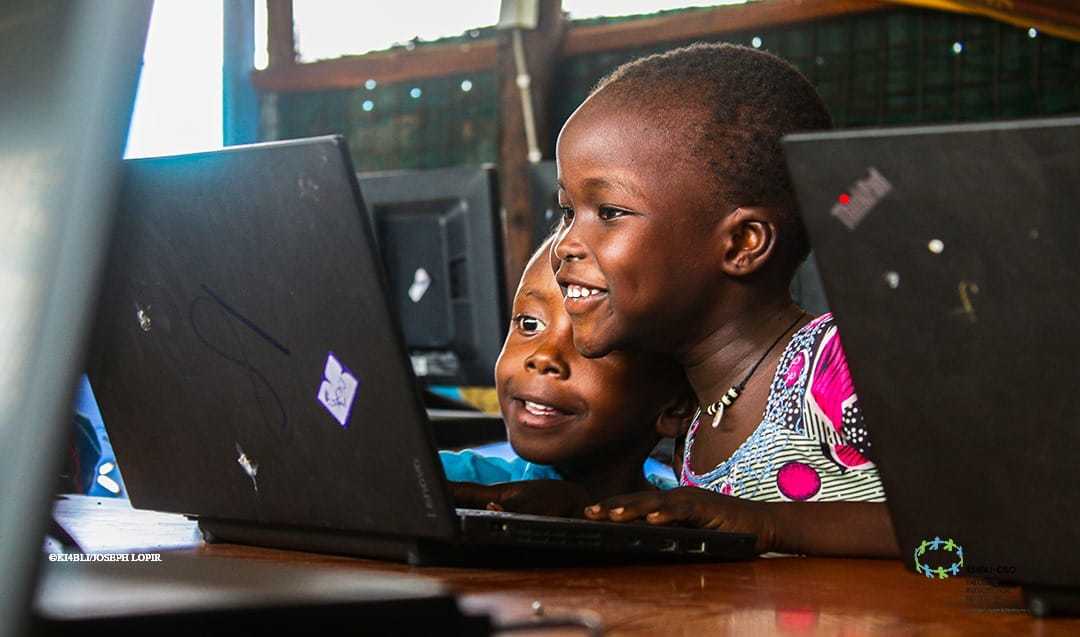
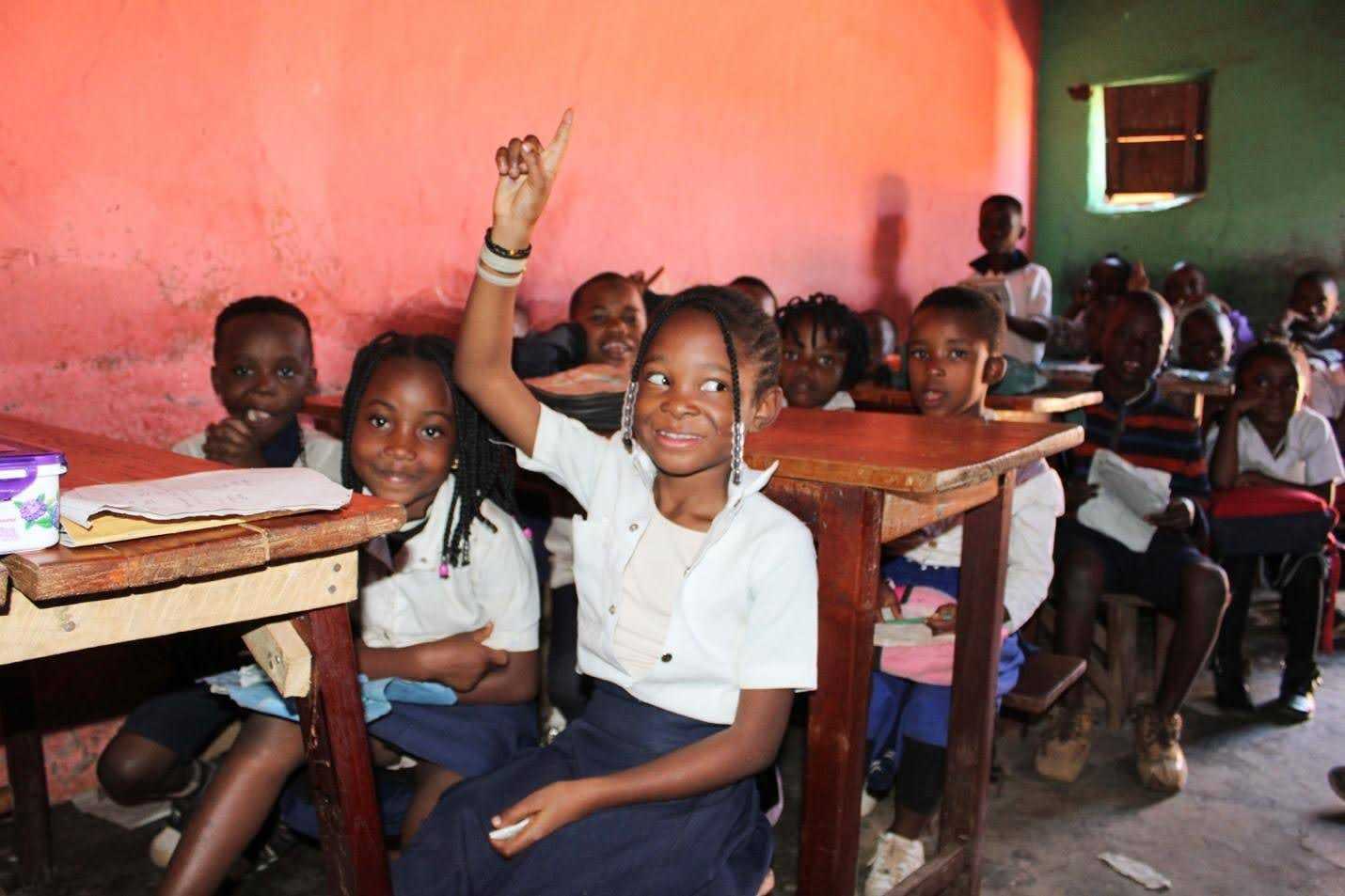







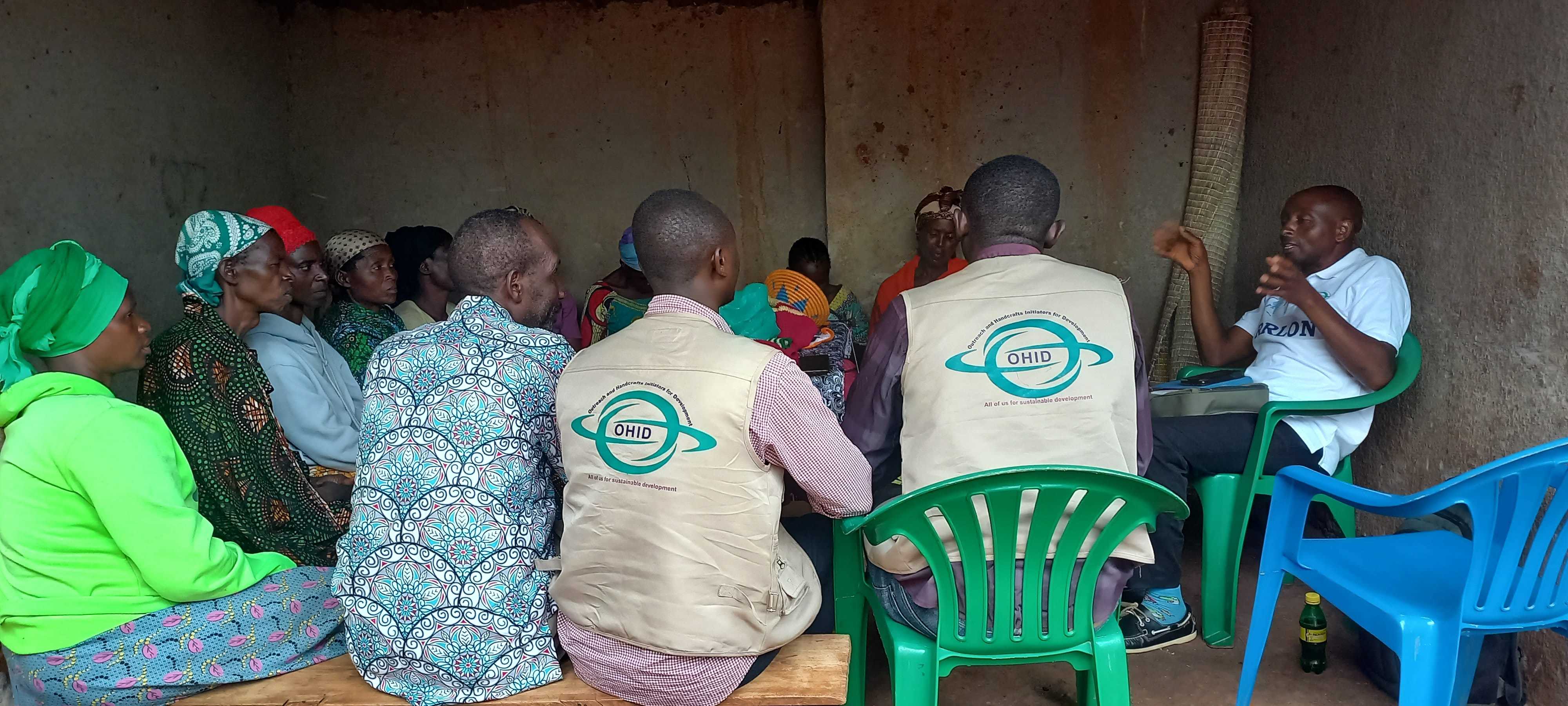

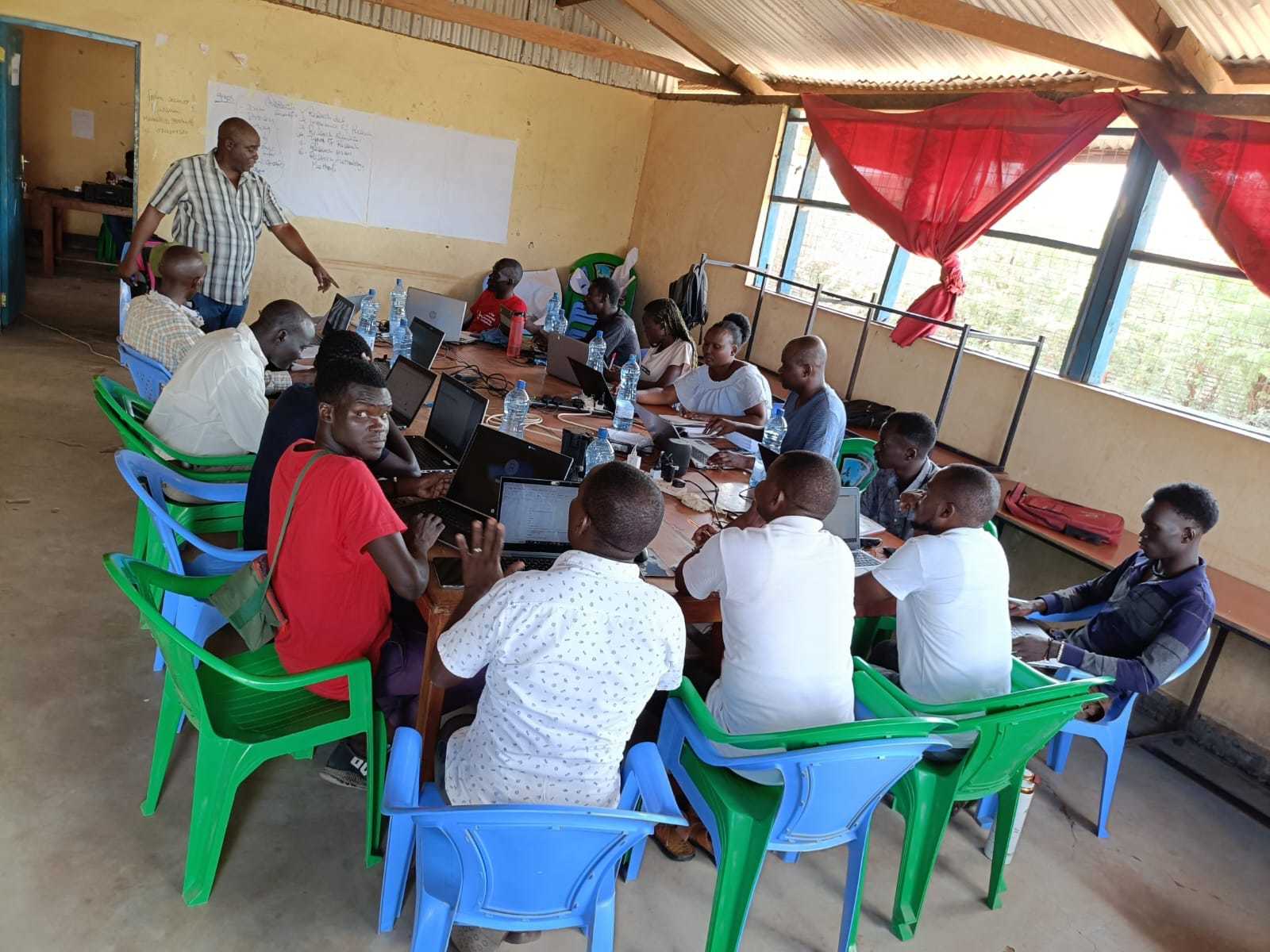
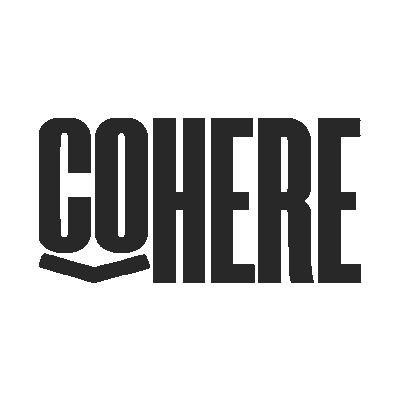
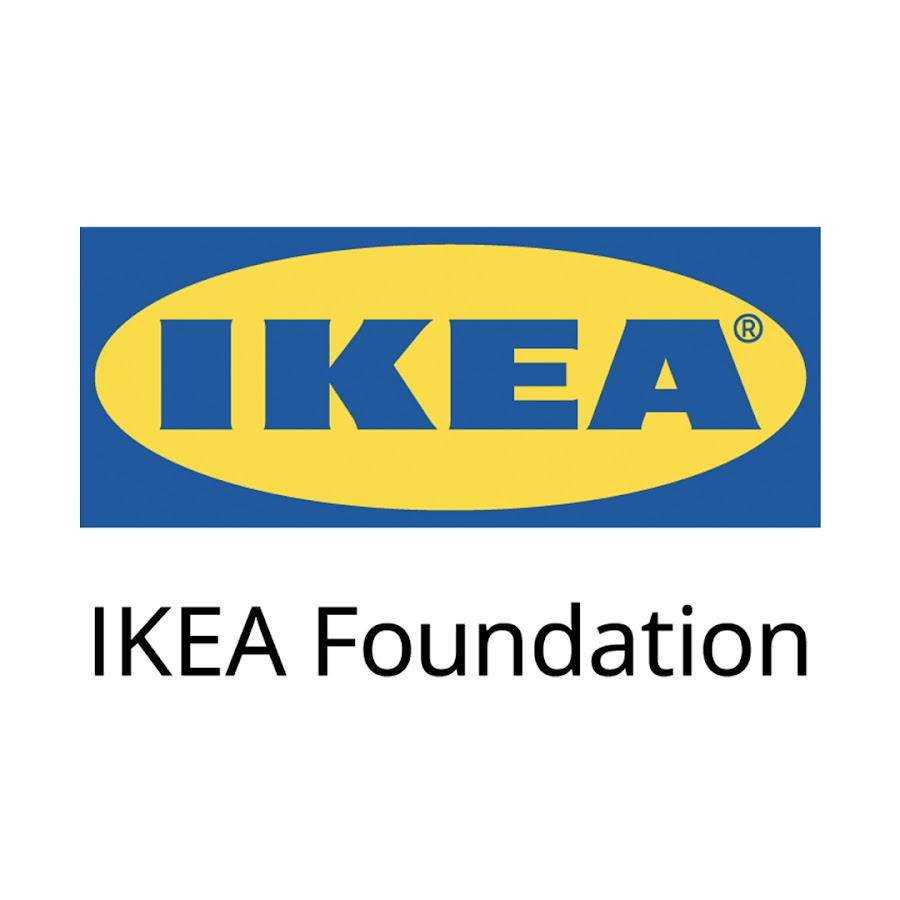
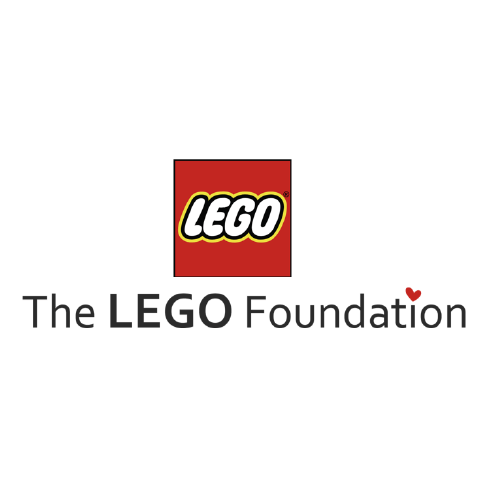
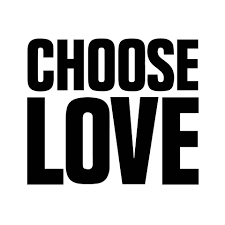
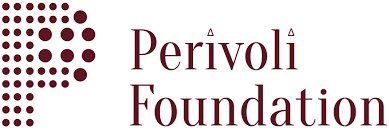
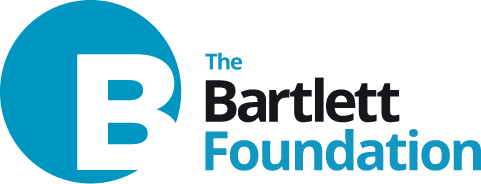
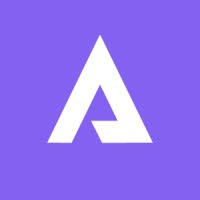
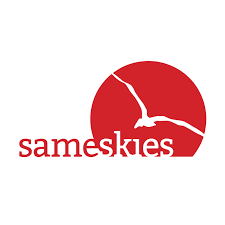
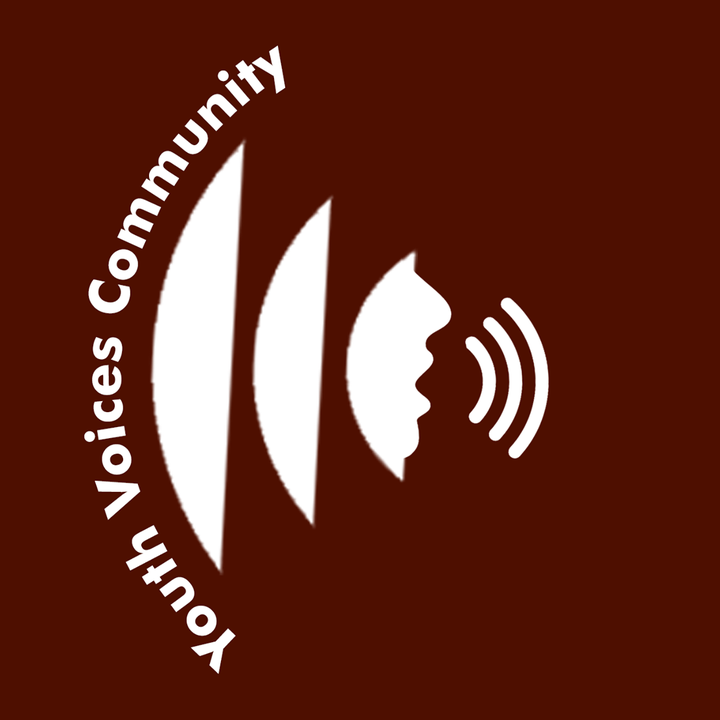
0